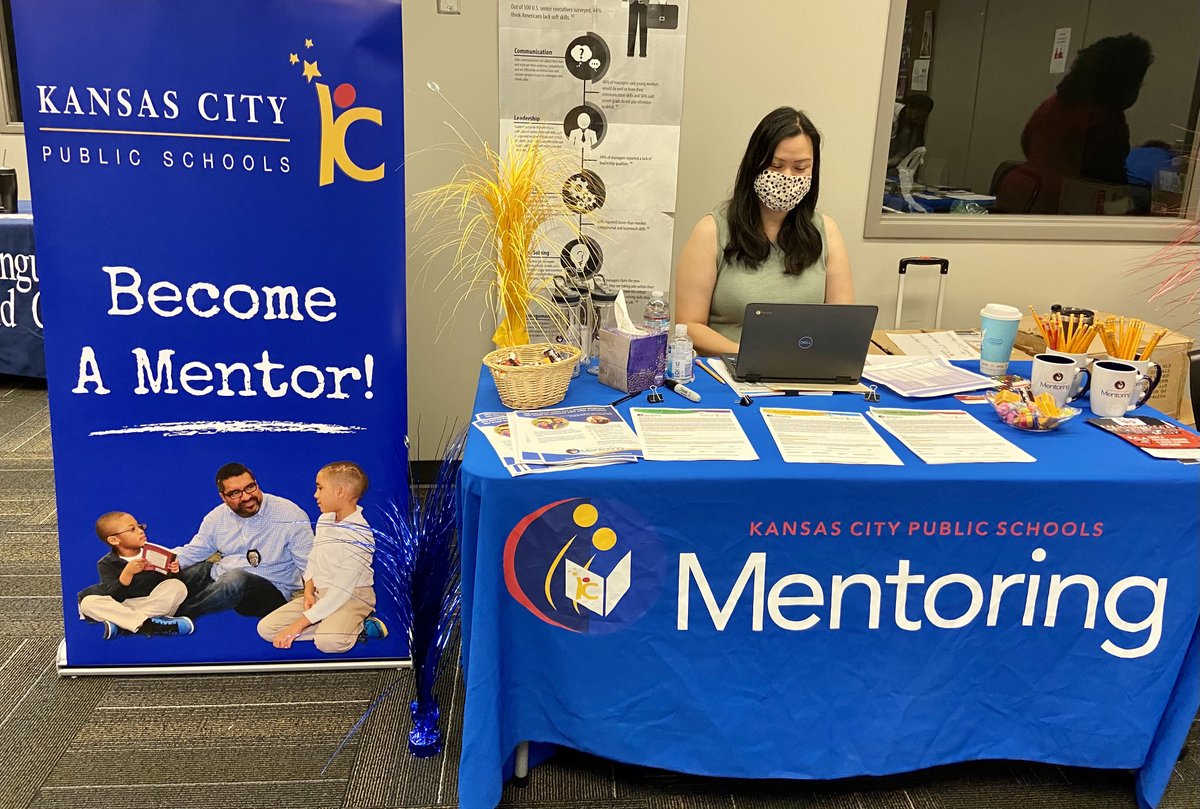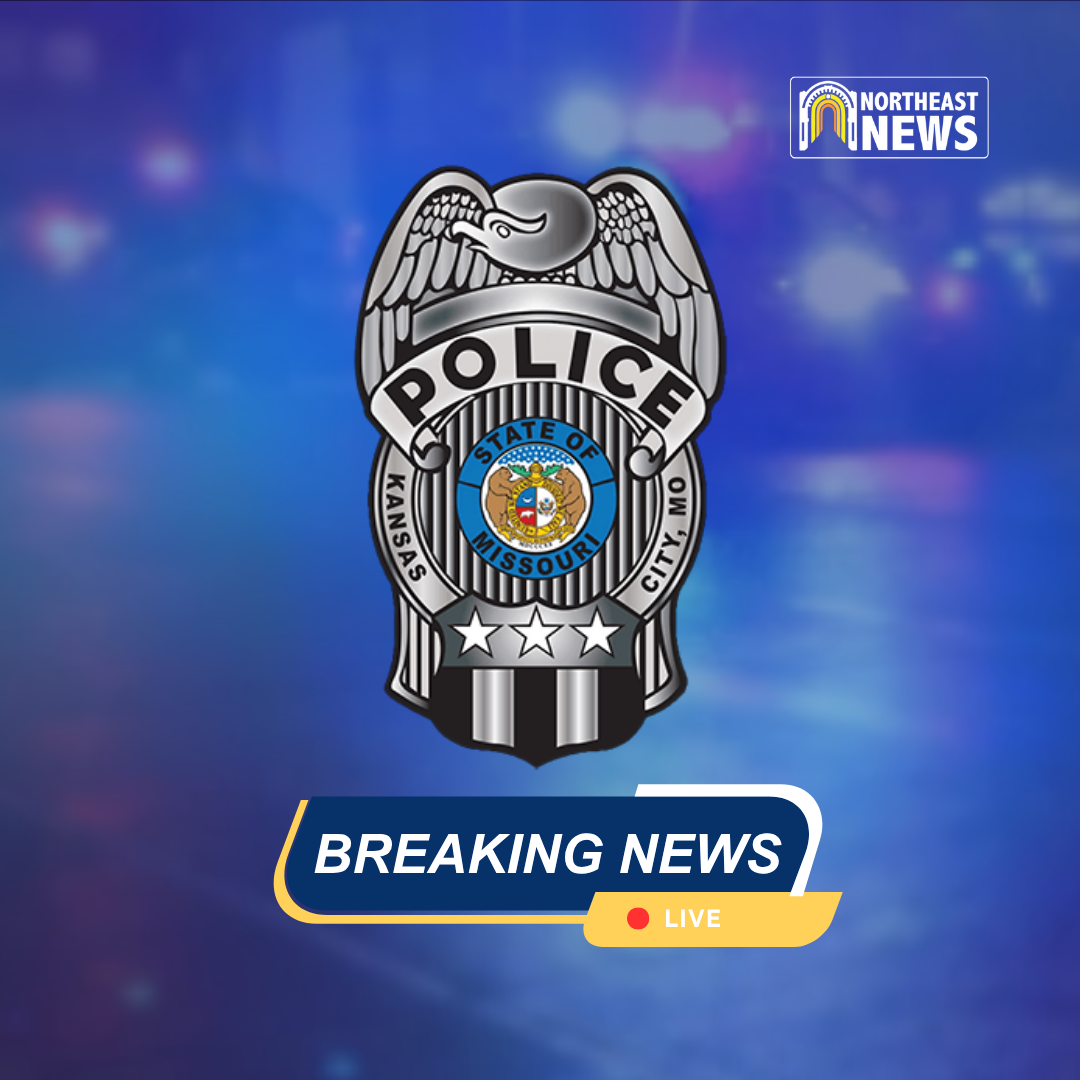
RobyLane Kelley
Editorial Assistant
Looking for a consistent avenue to support the next generation? Look no further than mentoring with Kansas City Public Schools (KCPS).
Mentorship programs can increase student graduation rates, provide mentees with opportunities to build healthier lifestyle choices and habits, build a student’s self-esteem, and allow students to foster a better attitude toward education, according to youth.gov. KCPS is looking for mentors to assist students through its lunch buddy, success and career mentor programs.
Lunch buddies are for students from kindergarten to fifth grade. Mentors are asked to visit students during their lunch period each week to “provide guidance, support, encouragement and friendship,” according to the KCPS website.
Success mentors are for students between sixth and ninth grade.
“Success mentors serve as motivators, problem solvers, connectors and advocates for students,” according to the mentorship page.
Career mentors serve high school students from sophomore to senior year. These mentors will lend a hand to students as they prepare for life outside of school — whether that is “college, training or the workforce.”
To join this mentorship program, prospective mentors are asked to fill out the online application found on the KCPS Mentoring website. Training is required for all applicants as well as compliance with a background check before anyone is matched with a student.
All programs require a minimum of a year-long commitment to ensure students can stay with a mentor after being placed. Mentoring Program Coordinator Qiana McGee said consistency is important not only for the mentees but also for mentors.
“Even if it is with the high school students, the school-based staff tell me ‘well, such and such was asking where is their mentor,’” said McGee. “They have the same level of anticipation that an elementary school student would have. If you’re not consistent and they’re looking to you to be there, they’re expecting you to be there.”
Adults wanting to donate their time to students within the community can find students with similar backgrounds — healthy relationships to foster with culture, language and self-expression.
“We are the Department of Equity, Inclusion and Innovation and as a part of that and with equity is allowing access to all students,” McGee said. “One of the things that we find for many of the students is that they like to have someone look like themselves.”
Having representation of culture remains essential for students in search of mentors.
“That’s one thing that we try very hard to promote is for students to have representation of those that speak the same languages as them,” said McGee. “Maybe culturally speaking, and it could be culturally as far as even just a neighborhood, there’s a culture within certain neighborhoods and pockets of our communities.”
Prospective mentors have just as much to gain from these mentorship programs offered at KCPS. Outside of a consistent way to volunteer, a sense of giving back and a way to offer guidance, mentors like McGee said they have learned skills and activities, which have impacted them outside of the program.
McGee said retired teachers will return to schools to help their mentees with classwork and tutoring as a way of still interacting and working with students after retirement. As a mentor herself, McGee learned how to play Jenga from her student.
The cycle of “paying it forward” can begin with students through opportunities like the mentorship program.
“Research has shown that a lot of times students who participate in mentoring, they come
back and they give, even if it’s not in this capacity, but they see the value in it,” said McGee.
















